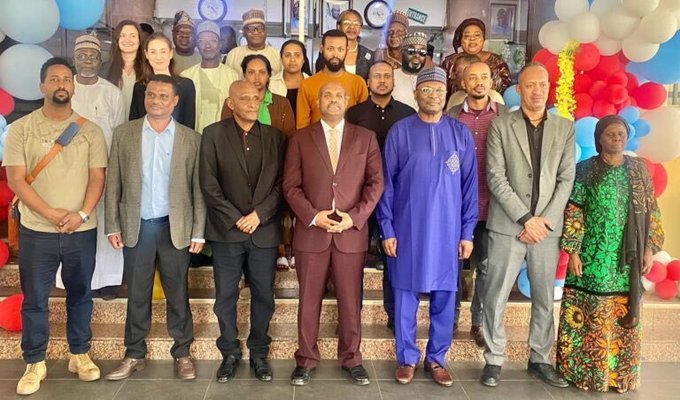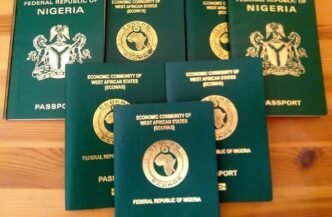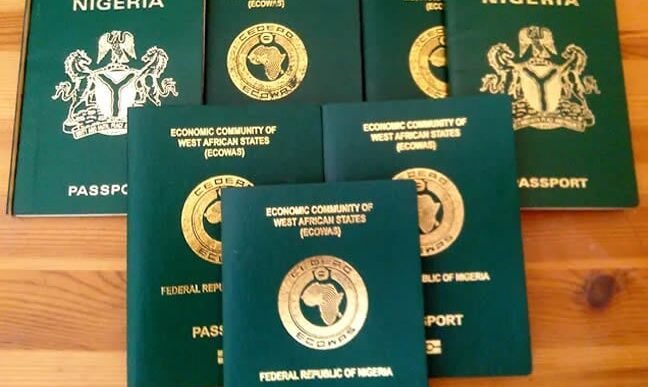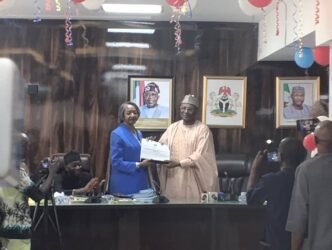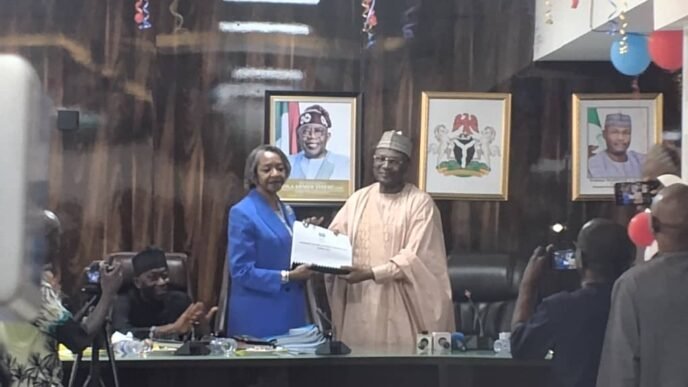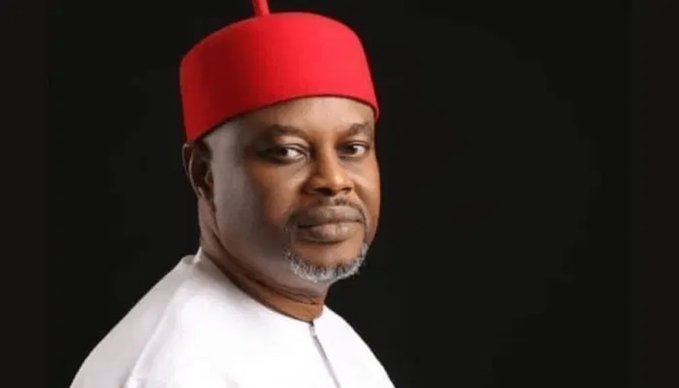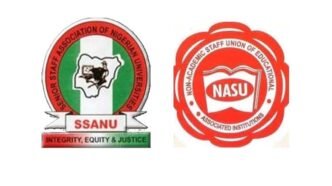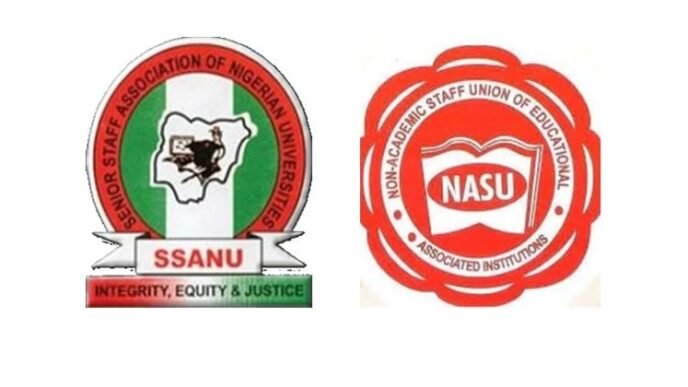INEC Trains Ethiopian Election Board on Electoral Capacity and Integrity
Abuja, Nigeria – October 7, 2025
Nigeria’s Independent National Electoral Commission (INEC) has commenced a comprehensive capacity-building training for officials of the Ethiopian National Election Board (NEBE), aimed at strengthening election management systems, operational efficiency, and institutional integrity across Africa.
The training, which is being held at INEC’s headquarters in Abuja, forms part of a broader initiative to foster cooperation among African electoral bodies and promote credible, transparent, and technology-driven elections across the continent.
Nigeria’s Leadership in Electoral Capacity Building
In his opening remarks, INEC Chairman, Prof. Mahmood Yakubu, reaffirmed Nigeria’s commitment to supporting sister African countries in building stronger electoral institutions. He said the partnership with Ethiopia demonstrates INEC’s readiness to share its experiences, innovations, and best practices that have evolved over years of managing one of the world’s largest and most complex electoral systems.
“Nigeria’s electoral process has witnessed remarkable transformation over the years,” Yakubu stated. “Through sustained reforms, stakeholder engagement, and the deployment of technology such as the BVAS and IReV platforms, INEC has become a reference point for credible elections in Africa. We are pleased to share our experience with our Ethiopian counterparts as part of our commitment to democratic consolidation on the continent.”
The training covers a wide range of critical areas including voter registration systems, election logistics management, results transmission, technology integration, stakeholder communication, electoral law reforms, and the promotion of transparency and inclusivity.
Ethiopia Seeks to Strengthen Electoral Credibility
Officials from the Ethiopian National Election Board, led by their Chairperson, expressed appreciation to INEC and the Nigerian government for their hospitality and support. They noted that Ethiopia is working to enhance the credibility and efficiency of its electoral system, and the Nigerian model offers valuable lessons in building trust and institutional resilience.
“Ethiopia is in a phase of strengthening its democratic institutions. The Nigerian experience is inspiring,” said one NEBE representative. “INEC’s innovations in technology, inclusivity, and transparency are particularly relevant as we seek to improve our own systems back home.”
Africa’s Push for Electoral Integrity
This collaboration between INEC and NEBE comes at a time when African nations are making concerted efforts to improve the credibility of elections, following years of concerns over electoral violence, voter apathy, and disputed results. Nigeria’s electoral body has been widely recognized for its progressive adoption of technology, particularly the Bimodal Voter Accreditation System (BVAS) and the INEC Results Viewing (IReV) portal, which have enhanced transparency in the collation and announcement of results.
The African Union (AU) and the ECOWAS Commission have both identified electoral reforms and institutional capacity as critical components of democratic development on the continent. INEC’s ongoing partnerships with countries such as Liberia, Sierra Leone, Kenya, and now Ethiopia reflect the growing demand for regional cooperation in election management.
INEC’s Experience and Innovations
Since the return to democratic rule in 1999, INEC has conducted multiple general elections, managing a voter population exceeding 90 million. Over the years, the commission has introduced several reforms to improve efficiency and reduce malpractice.
Among its most notable innovations are:
- Technology Integration: Deployment of the BVAS for biometric voter accreditation to curb multiple voting and impersonation.
- Digital Transparency: Introduction of the IReV portal for real-time publication of polling unit results.
- Institutional Reforms: Continuous voter registration, early stakeholder consultations, and enhanced training for ad-hoc and permanent staff.
- Gender and Inclusion Policies: Initiatives to increase the participation of women, youth, and persons with disabilities in the electoral process.
These reforms have positioned INEC as one of Africa’s most experienced and adaptive election management bodies, frequently consulted by regional counterparts and international observers.
Regional Cooperation and Knowledge Exchange
The collaboration with the Ethiopian board is part of a series of initiatives spearheaded by INEC under its international cooperation framework. In recent years, the commission has hosted delegations from several African countries, including Ghana, The Gambia, Uganda, and Tanzania, who have come to understudy Nigeria’s electoral systems and processes.
According to INEC’s International Cooperation and Outreach Department, the training includes technical sessions, practical demonstrations, and interactive exchanges on the challenges and solutions peculiar to African elections. The Ethiopian team will also tour INEC’s data management facilities and state offices to observe firsthand how election logistics are coordinated across Nigeria’s vast geography.
A Step Toward African Electoral Unity
Analysts say the Nigeria–Ethiopia collaboration underscores a growing sense of African solidarity in advancing good governance. By sharing institutional knowledge and experience, electoral bodies across the continent are working toward reducing dependency on foreign observers and consultants for democratic development.
Dr. Sam Amadi, a governance expert, noted that regional partnerships of this kind are essential for building indigenous capacity and trust in African electoral systems.
“The future of democracy in Africa depends on Africans helping one another to build strong institutions,” Amadi said. “INEC’s mentorship role reflects Nigeria’s position as a continental leader in electoral innovation.”
Looking Ahead
As the training progresses, both INEC and NEBE are expected to sign a memorandum of understanding (MoU) to formalize continued cooperation on electoral capacity development, staff exchange programmes, and joint research on electoral technology and integrity frameworks.
The initiative is also expected to pave the way for future collaborations between Nigeria and Ethiopia in governance reforms, civic education, and political inclusion.
For INEC, this partnership reinforces its global recognition as not only Nigeria’s electoral umpire but also a continental institution contributing to the democratization of Africa.
“Our commitment is to Africa’s democratic growth,” Prof. Yakubu concluded. “We believe that strong institutions, guided by integrity and transparency, are the foundation of peace and progress.”
As both nations strengthen their democratic institutions, the collaboration stands as a model of how African countries can learn from one another — building a future where credible elections become the standard, not the exception, across the continent.


